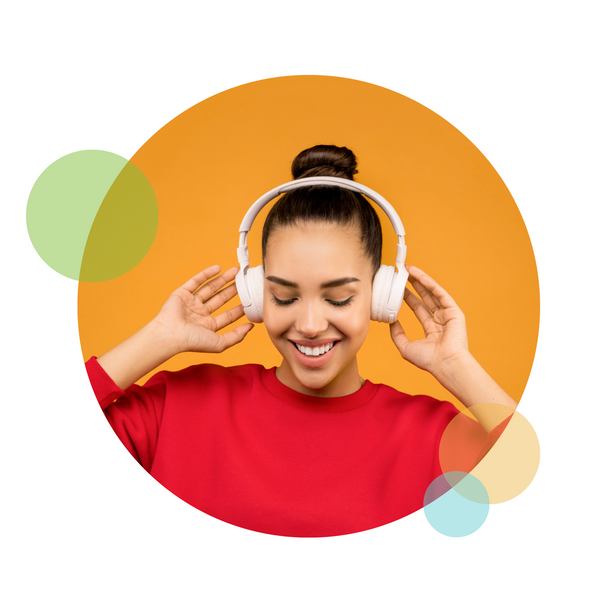There is a growing body of evidence proving the efficacy of music therapy, with writings dating back to Ancient Roman and Greek texts, including the writings of Aristotle and Plato. Music impacts our mood, and its rhythm impacts our physical bodies.
Some of the psychological benefits include improvements to mood, self-expression, communication, and social skills. The rhythm of music can sync up with our body rhythm for physical benefits to your breathing, blood pressure, and heart rate. It can improve memory and attention as well.

